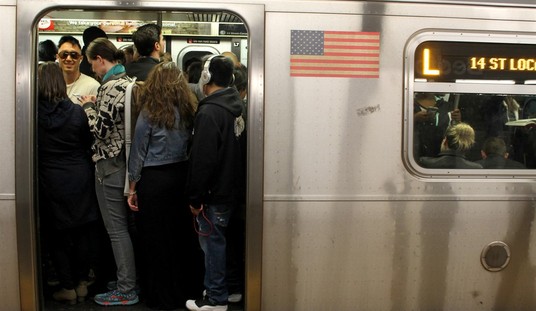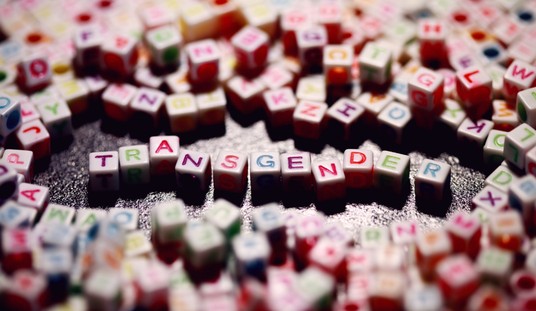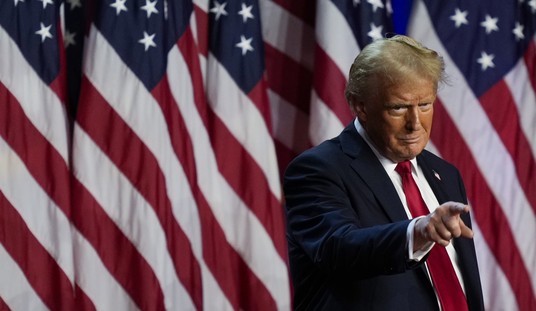
When Hollywood wants to accuse others of racial bias they are not always consistent
It was regarded by many as something of an upset when it was announced last night that the movie “Green Book” won the Oscar for Best Motion Picture. When the announcement was made director Spike Lee was visibly upset. His own film, “BlacKkKlansman” was also up for the award, and by all appearances he felt as if he was due the honor. Many critics have agreed.
This morning a number of film experts have lashed out at the win for “Green Book”, with some declaring it one of the worst winners, and many others citing the racial problems. Manohla Dargis at the NY Times referred to film as having “retrograde portrayals of racial dynamics.” Try to imagine – a film set nearly 60 years ago would have retrograde portrayals.
On a racial basis there are two primary complaints about “Green Book”. The first being a film featuring a real life black historical music figure was told through the eyes of a thug-like “Noo Yawk” white Italian. The other being that the black experience was told by white writers, especially scenes depicting a black individual who was wrestling with his own experience and showing a distance with his own race.
There is a sound explanation for the first critique. The reason the story was centered on a relatively unknown white driver/bodyguard was that the primary script writer was that character’s own son. He based the story entirely on his father’s experiences. The second argument is where things become very revelatory, because it exposes a true blindspot in Hollywood. First, a breakdown of the two movies in question.
“Green Book” is about a tour through the American South by virtuoso pianist Dr. Don Shirley. Being a black performer in a still-segregated era meant he desired to have a driver and bodyguard to see him through, so he hires a doorman from New York’s Copa Cabana Club, named Anthony Vallelonga, or Tony Lip for short. Through their tour there is plenty of discontent, but eventually the two men develop a bond and see their way to a renewed racial awareness.
“BlacKkKlansman” is about a black police officer Ron Stallworth who manages to pose as a white man on the phone and begins to infiltrate the Klan. When it comes time to have personal meetings with Klan members he has a white detective Flip Zimmerman stand in for him, and together they thwart numerous Klan-related crimes.
The number of identical elements at play is striking, and important. Both films are centered on real life individuals, they take place decades in the past, with race as a primary theme between two leads that are of differing ethnicities. Of particular note is a scene in “BK” centered on the Flip Zimmerman character, played by Oscar nominee Adam Driver.
The scene involves Zimmerman being provoked to join in the hunt on the Klan, with his Jewish background mentioned as a potential motivator. Zimmerman delivers a monologue about how he is Jewish in name only, not a devout practitioner of the religion, and has little in common with those of the faith. This scene in particular draws a parallel to those instances in “Green Book” where Don Shirley is depicted as having a distancing reality with those of his own race.
So in both films we have a character shown having an existential challenge within their realm. Yet the reactions by the entertainment professionals is that in only one film – “Green Book” – is this a problematic portrayal. Don Shirley’s ambivalence is considered dramatically improper, because his angst is represented by the white script writers, and this is racially insensitive. How could a white writer properly display the experience a black individual is going through?
But now let us turn to Zimmerman’s monologue. He too is having something of a crisis of experience within himself. Yet “BlacKkKlansman” was written by Spike Lee, and three other POC screenwriters, based on the book by a black author. How come there is no similar outrage at a white Jewish character being portrayed as conflicted, by black writers?
The argument here is not that one, or both, or neither is considered incorrect. Instead, the media interpretations lack insight and nuance into these deeply similar portrayals, and their sources. If a white writer is castigated for interpreting the black experience then cannot we say the same thing about black writers interpreting white identity anxiety?
Hollywood is insisting it wants to address racial politics within its industry. However in order to do so successfully it has to become honest with themselves. Scorching one film as racially insensitive while lauding another that is nearly identical in nature — only with the racial roles reversed — shows they have a way to go yet to say they have a grasp on the issue.
** for more entertainment, political, or bad movie content follow me on Twitter @MartiniShark















Join the conversation as a VIP Member